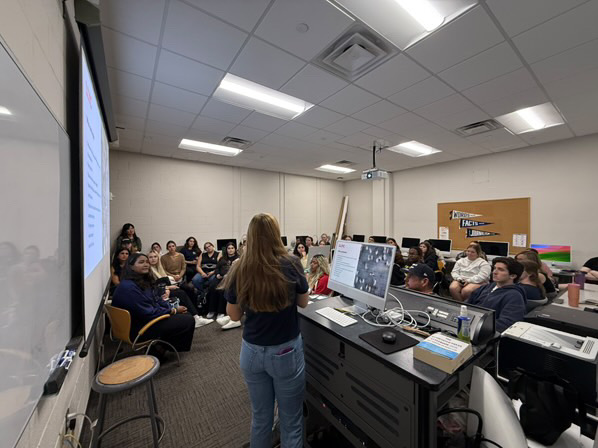Michigan universities work together toward more state funding
Michigan universities have come together on one of the most pressing issues to a healthy, functioning public university system: state appropriations.
Universities depend on the Michigan government to assist in the cost of running a public university. This aid helps provide a more affordable cost of attendance and a better quality education for students.
The problem is the aid that Michigan provides to colleges has remained stagnant over the years, according to a petition asking for an audience in Lansing. And factoring in the increased cost of administrations and student services, tuition increases are becoming a serious problem for a large number of students.
Need for this move is happening while spending on correctional facilities has remained the same at approximately $2 billion, despite a sharp decrease in the prison population.
The Detroit News reported that this means a proposed increase of $1,480 per prisoner was drafted last year, while k-12 students saw an increase of only $100 per student. So the issue is not whether college students are upset over the higher rate of tuition, but rather the fact that a matter of dwindling importance is one of the reasons for tuition hikes.
Oakland University Student Congress President Lena Mishack talked about some of the side-effects of tuition increases. The problems all stem from an increasing financial burden that can make student life difficult, jeopardizing the academic ability of students.
“It doesn’t allow equal opportunity for all students in Michigan to get a quality education,” Mishack said.
So the solution was to hold a conference to highlight the issue to other universities and to establish a common goal among all Michigan college students. But Mishack’s administration found there were similar projects already being planned.
“We’ve almost assembled a sort of task force with schools across Michigan,” she said.
OUSC Legislative Affairs Director Ryan Fox talked about some of the details involved with the process, involving coordination with other student governments and the local representatives of college campuses.
“We’re going to send a letter to the governor’s office for the fiscal year 2019-2020 budget,” Fox said. “We have a number of representatives we’ve been working with. So we’re very excited for the efforts we’ve made and I think it’s going to gain traction and hopefully go on for years.”
But the biggest issue involved with this is the sense of time. Each student has four years to improve campus life, and each OUSC President has one term to make the most lasting benefits.
Part of the goal of OUSC is to ensure that this becomes a continued issue that each ensuing administration creates pressure for in Michigan government.
“What we really want is to push for the next administration,” Mishack said. “When we’re transitioning them and presenting them with all the work we’ve done this year so far, it’s really encouraging them to take on this issue now that there’s communications with all the universities.”
For more information or to sign the online petition to increase state appropriations for Michigan’s public universities, visit the petition here.





